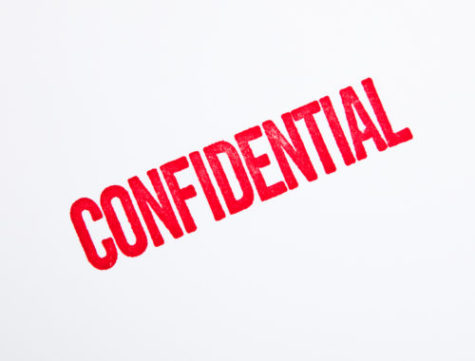Business owners are rightly concerned that if word gets out that their company is for sale, vendors and customers might get spooked. And the business performance will be hurt thereby hurting the company’s value.
On the other hand, “you can’t sell anything if you can’t talk to anyone.”
So there must be a happy medium. Where is that?
But first, remember that almost always a prospective buyer will need to sign a confidentiality agreement issued by the seller. This is standard and binding on the buyer. Even with an agreement, there are steps that can be taken to help keep confidentiality.
Here are a few things to consider.
- Be quick. The longer the due diligence and negotiations drag out, the more likely it is that there will be an information leak. Keep things moving along as quickly as possible. Be prepared ahead of the time the company is for sale to minimize the timetable. Long-time lags not only can hurt confidentiality but also the likelihood the transaction will actually occur.
- A buyer will need to inspect the business. This needs to be done without raising suspicions. One way to accomplish this is to regularly have outsiders visit the company. So have your banker, accountant, lawyers, and suppliers visit often. It should be no big deal to have outsiders walking around the facility.
- The buyer will be asking for lots of information. That’s part of due diligence. That means lots of paper and related computer files. Keep all of this out of sight of employees and others. Take all phone calls related to the transaction confidentially. It’s probably best to use a cell phone and not have the call go through a switchboard.
- If someone (employee, vendor, etc.) notices the activity and asks about it, have a ready explanation. While this can vary, it is best to answer honestly but deflect the question. For example, should someone ask if the company is for sale you can say “Of course, everything is for sale at the right price, but no one will ever pay my price!”
- Constantly remind potential buyers to keep the whole process confidential. You may do everything right, but the buyer may not be as careful.
- Finally, maybe the best way to ensure confidentiality is to use an outside intermediary. That person will be skilled and experienced in handling the sales of companies. They know the importance of privacy in this type of matter. So they act as another layer of your company’s confidentiality protection.



